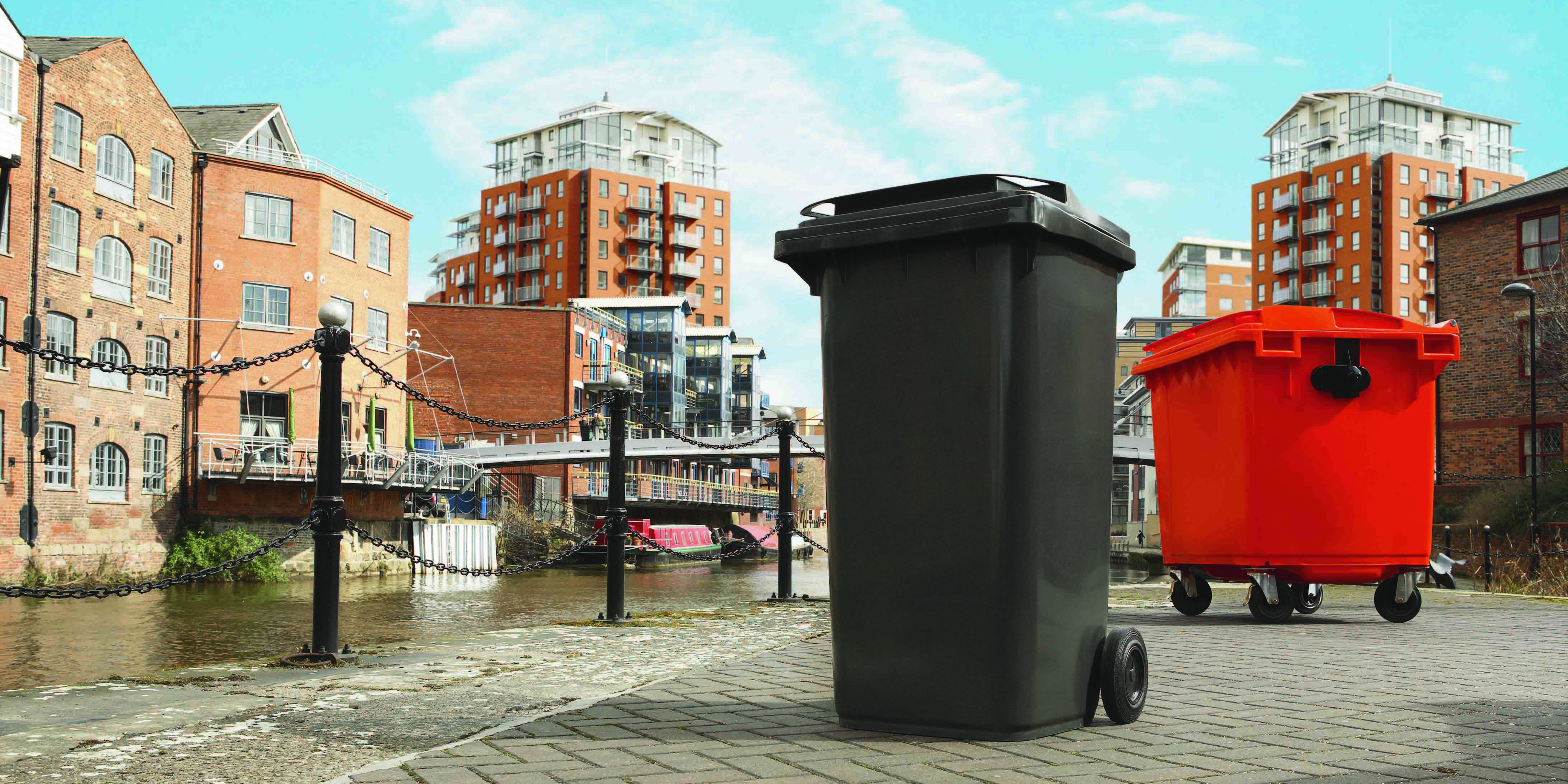وقد بدأت بعض البلديات الأوروبية لهذه التجربة مع تضمين تعريف تردد الراديو (وتتفاعل) العلامات في سلة المهملات وإعادة تدوير المهملات في محاولة لتعزيز إعادة التدوير وتقليل النفايات. الاهتمام بهذه الأنواع من النظم في الولايات المتحدة. ويبدو أن تزايد.
“قد نضجت إلى النقطة حيث التردد فوق العالي (الترددات العالية جداً) وقد أصبح موضوع المهيمن” في سلة المهملات وإعادة تدوير الأعمال, وقال مارك سبارو, النائب الأول للرئيس في العالمي HID. “ليس هناك الكثير من عمليات النشر ولكن السوق قد بدأت بالإقلاع.”
The motivation for tagging trash bins comes down to cost. Municipalities are swimming in garbage and facing directives to reduce the amount of refuse they pile into landfills. While recycling has taken off in Europe and in many U.S. cities, other places lag behind. Houston only has a four-percent recycling rate, according to Gene Browne, CEO of CityBin, a company in Ireland that provides software-as-a-service for trash haulers that encourage recycling. (CityBin is in the process of landing a few U.S. contracts.) Steve Jurvetson at DFJ said at Nordic Green II that he thinks recycling and remediation will become one of the growth areas for green.
By tagging bins, haulers can weigh garbage, and weighing brings accountability. Consumers that diligently recycle will likely become eligible for rebates in some jurisdictions. Conversely, those who throw away excessive amounts of trash may face steeper tariffs in the future. Ideally, RFID devices on trash and recycling bins will come to be seen as a benefit, rather than an arbitrary tax. Recycling, وفي الوقت نفسه, will go from being something that gives the consumer peace of mind to a way to reduce household bills.
“Refund and payment schemes for recycling will be the driver,” وقال أن. “RFID is just an enabler. It gives you a database engine.”
Most cities in the U.S. have also converted to the use of plastic bins that can accommodate tags. “But there are still some places in the U.S. that have the aluminum cans that your dad used to run over in the car,” Scaparro added.
If anything, this trend will give a boost to the RFID industry, which has yet to live up to the hype from that long-ago era referred to by some as 2003-2004. Way back then, Walmart issued an edict that its suppliers would have to tag all of their pallets by 2007. RFID was also going to be placed in passports. ومع ذلك, costs, security concerns, objections from citizen groups spanning the political spectrum, and other issues put most of these efforts onto the backburner.
RFID specialist Alien Technology became the Solyndra of its day. The company raised $291 million and built a huge suite of offices near Morgan Hill. They even bought a copy of the Gort from The Day the Earth Stood Still and Robby the Robot. Haven’t heard much about them lately, رغم.
Will privacy advocates worry about the FBI using RFID to go through your trash?
“Don’t they do that already?” jokes Scaparro. Seriously, the issue may come up, but now that RFID can show it can do more than replace bar codes, the benefits may outweigh the concerns.





